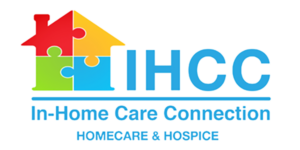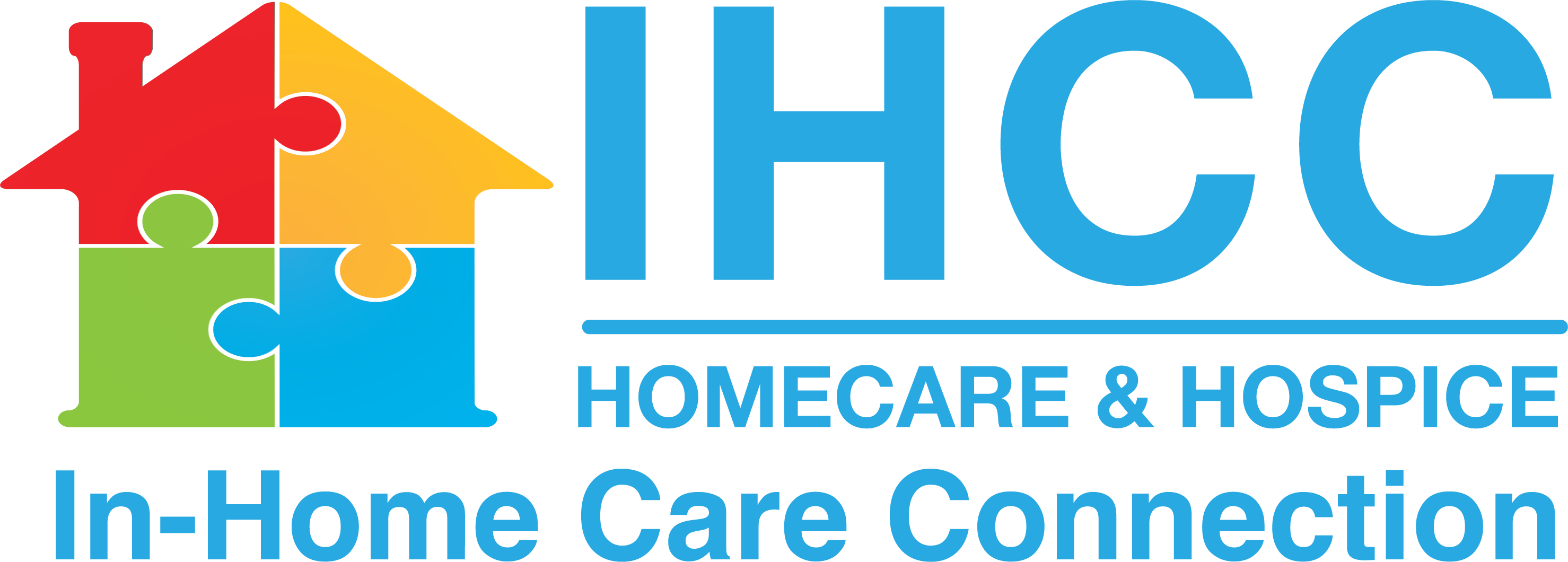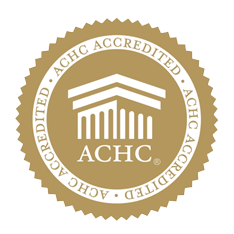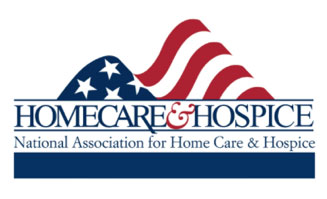Caring Connections
Helpful tips for family caregivers
July/August 2011
This month we offer help with tough problems.
Accessing medical records
When you are caring for a relative, it seems obvious that health care providers would readily answer your questions. But health professionals and health plans are not permitted to freely give information. This can interfere with your ability to help your loved one follow doctor’s orders or figure out insurance billing.
Rules about confidentiality
You’ve probably heard the term “HIPAA.” That’s the short name for a national privacy law that protects patient confidentiality. Under this law, a health care provider or health plan can share information about a patient only if
- the patient tells them it’s okay to do so.
- they have reason to believe the patient would not object. If the patient brings you into the examining room. Or asks you to pick up a medication.
- they think it is in the patient’s best interest. For example, if the patient is groggy from a procedure. Or the patient has dementia and cannot care for himself or herself; the doctor can give information to the person who is with them.
- you are the power of attorney for health care.
A patient’s verbal “okay” is permitted. But many providers and plans require written permission. Check with each provider.
Working with Medicare
Medicare requires written permission to release information. A specific Medicare “authorization” form must be completed. Authorization can be provided by the
- Medicare patient. If possible, have your relative complete the authorization form online. He or she can use the form to indicate who personal information can be shared with.
- “personal representative.” If you are your relative’s power of attorney for health care, you can complete the form for your relative. But not online. Instead, download the authorization form. Complete it and mail it in with a copy of the power of attorney document.
Return to top
Recognizing elder abuse
Last month we talked about the seven types of elder abuse and who is most at risk. This month we look at the signs that an elder is being taken advantage of by others.
Watch for new behaviors. Changes such as these may indicate that something is amiss:
- Disheveled appearance. Soiled clothing. Inappropriate clothing. Unkempt hair. Personal odor. These may be signs of self-neglect, perhaps resulting from memory problems.
- Disordered household. Burned pots. Hoarding or disarray. Obvious dirt or odor. These may be signs of self-neglect, perhaps resulting from memory problems.
- Unsafe living conditions. Unsafe or unclean housing. Lack of heat, plumbing. Insufficient food. Untreated health problems. These may be signs of self-neglect or neglect by another.
- Changed personality. Withdrawn or fearful behavior. High anxiety or depressed mood. Unusual actions, such as rocking or sucking. These may be signs of emotional abuse.
- Tense relations. Increased arguments with spouse or child. Or fearfulness around spouse or child. Unavailability to those outside the household. These may be signs of emotional or physical abuse.
- Poor physical condition. Broken eyeglasses. Unusual sedation, drooling. Unexplained bruises or other marks. Untreated injuries. Bruises or bleeding in the genital area. These may be signs of physical abuse or sexual abuse.
- Depleted finances. Sudden lack of money. Unusual spending. Changes in bank accounts or wills. Disappearance of prized possessions. New “best friends.” These may be signs of financial abuse.
If an elder says he or she is being taken advantage of, or you are concerned that an elder is being abused, look into it further. Even a potentially faulty accusation deserves a serious response. Persons with dementia are at high risk. In the case of self-neglect especially, consider contacting a geriatric care manager to request an assessment.
If an elder is in immediate danger, call 9-1-1.
Return to top
Talking about urinary incontinence
One of every three older women is dealing with urinary incontinence. And one of every six older men. If your loved one has this problem, he or she is likely not talking about it. Not talking to you. Not talking to the doctor.
She may be embarrassed. Or he may assume nothing can be done.
In fact, urinary incontinence is a medical problem with many treatment options. Untreated, urinary incontinence is associated with
- social isolation. Fear of accidents often leads to withdrawal from activities outside the home.
- falls and bone fractures. Rushing to the bathroom significantly increases the chance of falling.
- loss of independence. Incontinence is often the reason families feel they can no longer provide care at home.
To preserve your loved one’s dignity, think through the best way to bring this issue into the open. The goal is to have your relative talk to his or her doctor. Here are some tips:
- Develop empathy. Before you talk, imagine your relative’s shame. Or her frustration. Fear of loss of independence. Or worry about the cost of protective pads.
- Choose the right time and place. Don’t make this a “Mom, I have to come talk to you” event. Instead, demonstrate your ease with the topic. Bring it up while you’re out for a walk or doing dishes together.
- Consider your first words. You might take a “me too” approach: “I’ve started noticing that when I sneeze, I dribble! Has that ever happened to you?” Or a look-what-I-learned approach: “I just heard that one-third of older women have incontinence. If that comes up for you, let’s work together on it. There are lots of treatment options.”
Incontinence occurs for a variety of reasons, and only a doctor can determine the correct one. We’ll discuss common types and treatments next month.
Return to top




